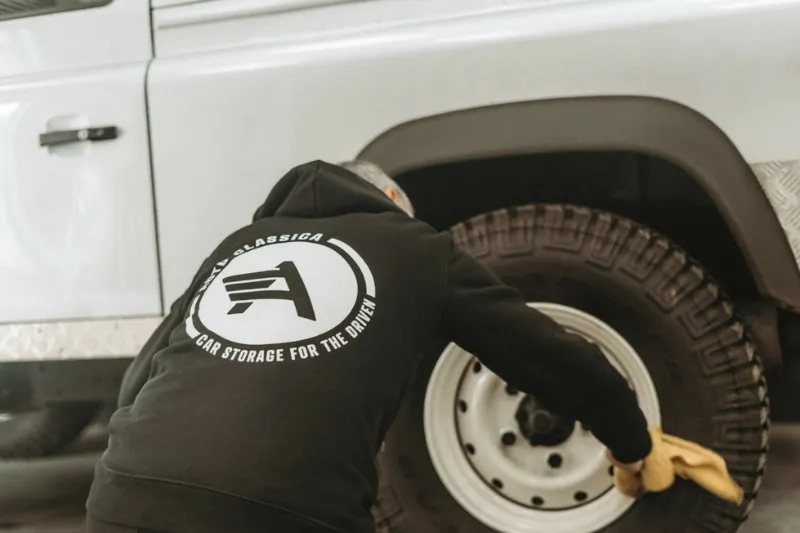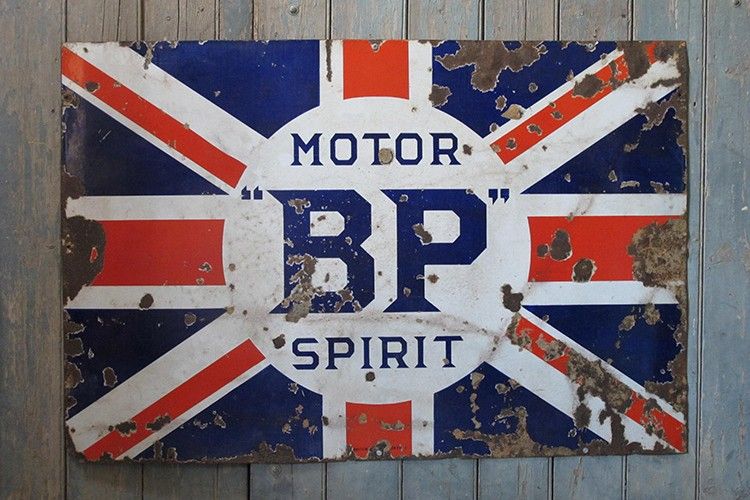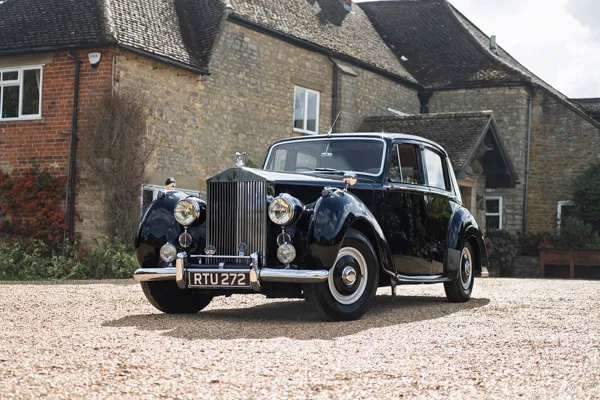Where should I store my car? (UK owner’s guide)

Car Storage
September 10, 2025
The Three Common Options (and When They Make Sense)
1. At home (garage or driveway)
Good for short stops if your garage is dry, clean and power-equipped for a conditioner. Risks: damp, condensation, rodents, and insurance headaches if the car isn’t fully SORN/covered.
2. General self-storage “car units”
Often cheaper and flexible, but check the ventilation/humidity policy, power availability, insurance terms, and access rules. Many aren’t designed for long-term preservation.
3. Specialist, dehumidified car storage (best for classics & supercars)
Purpose-built facilities regulate relative humidity (ideally ~40–60% RH), keep temperature stable, and pair security with checks/conditioning so the car’s ready to drive, not just parked. What is Dehumidified Car Storage?
What “good” car storage looks like
Dehumidified indoor environment to prevent corrosion, mould and interior deterioration.
Real security: monitored alarms, CCTV, controlled access. See our Car Storage Security Systems
Maintenance routines: battery conditioners, tyre rotation/pressures, gentle shuffles or short loops to keep everything moving (when agreed). See FAQs
Insurance clarity: laid-up/SORN friendly, with documented processes.
Location & access: choose somewhere genuinely convenient for you. Auto Classica operates near Milton Keynes with easy reach to London and the Home Counties, which works well if you travel or want airport hand-offs. How far are we from you?

Classic vs supercar: any differences?
The basics are the same - stable humidity and expert handling - but supercars often have:
Lower ground clearance & wider tyres • careful movement and ramps.
Sensitive batteries/electrics • continuous conditioning and soft wake-up procedures.
Privacy & insurance needs • discrete sites and strict movement logs.
If that’s you, choose a facility that explicitly caters for supercars. Check Supercar Storage Availability

Costs & contracts (what affects the price)
Storage tier (standard vs premium with an active management service)
Duration (many specialists have a minimum term, discounts for more than one car or long term contracts)
Add-ons (valeting and detailing, transport, battery conditioners, car covers)
Insurance while stored (laid-up insurance cover)
How to prepare your car before storage (quick checklist)
Fresh service/fluids if long term
Thorough clean and dry (paint, wheels, arches, interior)
Fuel brimmed (ethanol-managed where relevant)
Battery conditioner connected
Tyres inflated to storage PSI; avoid flat-spotting
Air intakes and vents covered if appropriate; remove perishables
Park bonnet facing out for easy access and safe starts later
Check out the our Ultimate Guide to Car Storage
Where does Auto Classica fit?
We store classic cars, supercars and luxury cars in insulated and dehumidified, CCTV-monitored facilities, with tailored routines and easy access from Milton Keynes, London and the Home Counties.

FAQs
Is dehumidified car storage worth it?
Yes. Controlling humidity prevents corrosion and interior damage, and keeps classics/supercars healthier over time.
How long can a car sit without being started?
If it’s on a conditioner in a controlled facility, months are fine; agree a run-up or gentle exercise loop with your provider.
Do you collect/return cars to airports?
Yes. Auto Classica can arrange airport collection/return for stored cars on request.
Do you store modern 4x4s as well as classics?
Yes. If it matters to you, it matters to us.
Ready to store your car properly? Check prices and availability and we’ll recommend the right tier for how you use the car.
.svg)



